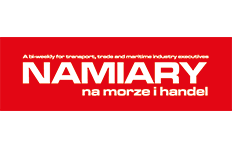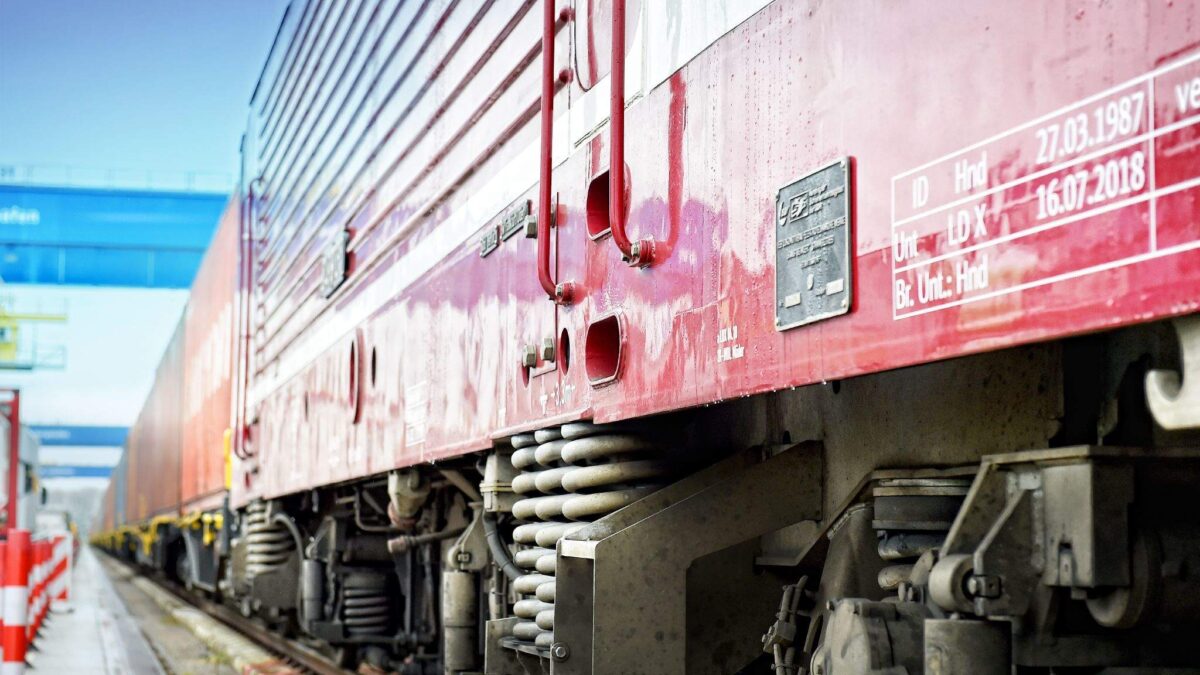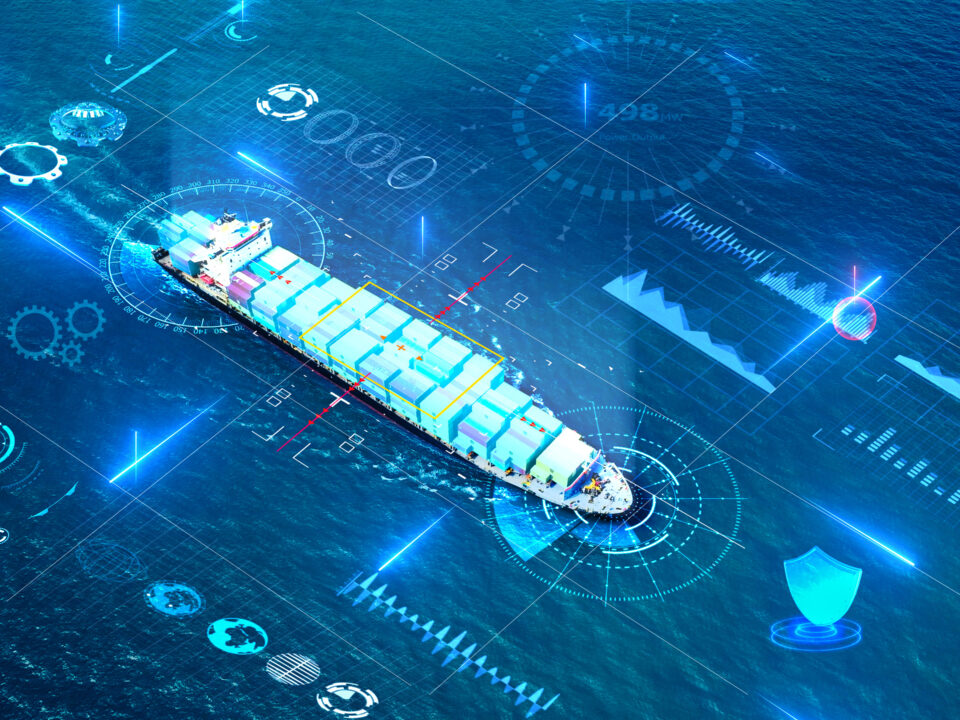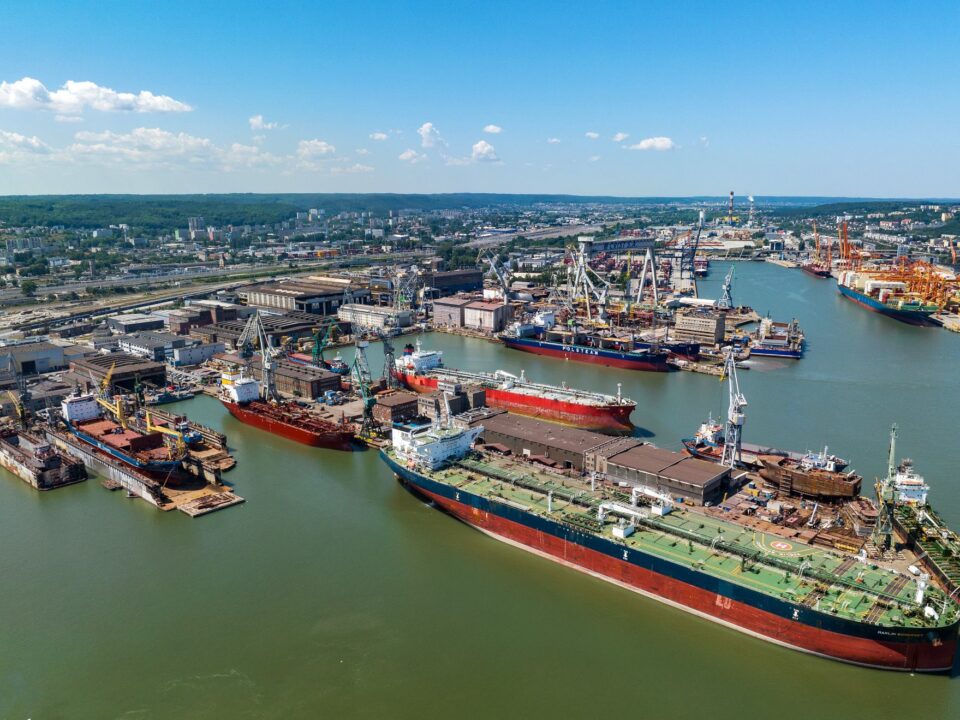
Logistical decarbonization
19 June 2023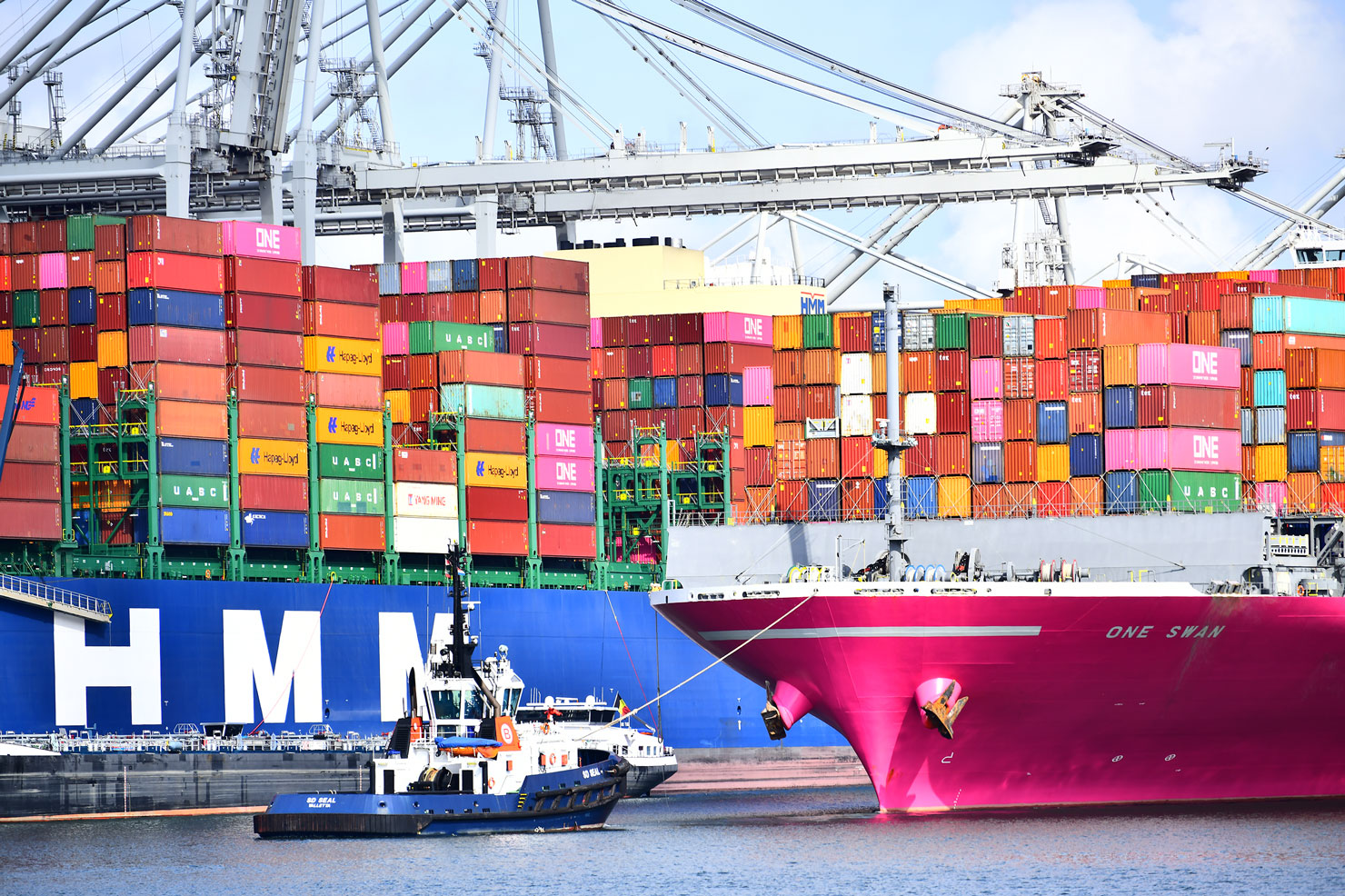
Container point of view
22 June 2023For more than 3 years, practically continuously, disruptions in the sphere of supply chains are occurring with greater or lesser intensity in various regions of the world.
In 2020-2022 (until the end of February), they were the result of the crisis caused by the COVID-19 pandemic, which followed restrictions implemented asymmetrically in different parts of the world. They are the ones who caused serious economic and social perturbations, leading in many countries to recession and a strong increase in inflation.
The resulting disruptions, albeit with varying degrees of force in individual links of the global supply chains (both in the sphere of supply, production and distribution), compounded by gradually accumulating bottlenecks in trade and transport, caused an unprecedented decline in the efficiency and effectiveness of the functioning of the global logistics system laboriously built over 20 years. This was accompanied by a significant decline in the quality standards of the transportation and logistics services offered. The source cause of the crisis was Russia’s invasion of Ukraine in February 2022, in the aftermath of which a significant part of the international community, and primarily the member countries of the European Union and NATO, as well as other unaffiliated ones, made important political decisions in an act of solidarity and on an emergency basis. However, they have had a serious economic impact. By introducing successive packages of sanctions (and there are already a total of 10 in the EU) against Russia, as the direct aggressor, and to a large extent Belarus as well, the two countries were gradually cut off from pre-existing, established economic relations.
As a direct result of the sanctions introduced at lightning speed, all trade relations with Russia (the result of the embargoes) were quickly suspended, and not only in the sphere of energy supplies. Before the invasion, Russia supplied about 40% of Europe’s gas needs (65% of Germany’s), while being the world’s third-largest oil exporter. The suspension of imports of both raw materials by the EU and the US triggered an abrupt collapse not only in global markets, but in virtually the entire energy sector, as well as in other markets – including transportation. For the first time in 13 years, the price per barrel of oil has risen to $130, and countries have been forced to seek new supply markets and build a new network of transportation and logistics links. In addition, Russia and Ukraine participate in more than 30% of global wheat exports, which are imported from the region by as many as 36 countries.
In the dimension of assessing the consequences of the ongoing war in Ukraine from the Polish perspective, 3 main issues should be noted. The first is the transportation carried out on the New Silk Road, most of which ran along the corridor through Russia, Belarus and Poland. The outbreak of war caused the rerouting of trains from Ukraine-Hungary (Budapest-terminal East-West-Gate in Fenyeslitke) towards Małaszewicze (transit time is 12-14 days). However, after a brief intensification, there has been a decline in transport through this key rail terminal on the Eurasian corridor. Increasing shipments, however, in the absence of adequate capacity on this corridor, have caused shipments from Europe to China to extend to about 60 days, resulting in a gradual return to the Eurasian corridor via Russia. This is because it provides nearly 5 times shorter transit times, which translates into a more than 50% decrease in transportation costs on these routes.
The second of the transportation dimensions of the ongoing war in Ukraine concerns the Polish port sector, which has also experienced the effects of the war in Ukraine. It should be noted, however, that these effects, and mostly negative ones, have also greatly affected other ports, mainly in European countries.
Finally, the third dimension relates to the aforementioned segment of the trucking market with Belarus and Ukraine. Polish carriers, especially those registered in the border provinces, in the face of the regulatory and market changes, perceiving not only unequal conditions and restrictions on competition, but also unfair practices of carriers from both countries, have taken protest actions. In the case of Belarus, a ban has been imposed on tractor-trailers with Russian and Belarusian license plates, but semi-trailers have been omitted. Belarusian trucking companies and those with foreign capital that register in Poland on a large scale have therefore taken advantage of this exemption en masse, transporting semi-trailer loads from Russia as well. Such opportunities, however, are not available to Polish and other EU carriers, which can only enter Belarus – Brest.
Article developed with Namiary na Morze i Handel magazine
phot. Namiary na Morze i Handel magazine
